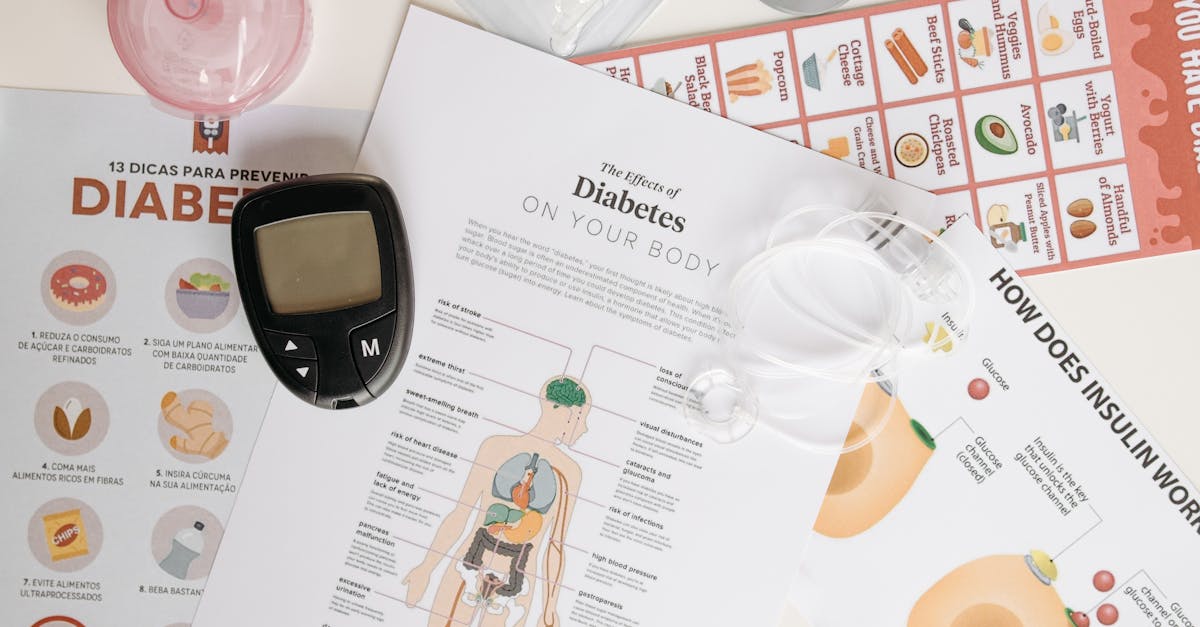Understanding Relationship Counseling Benefits
Introduction
Navigating the complexities of relationships can sometimes require a helping hand. Relationship counseling offers the opportunity to address issues in a constructive and supportive environment. Engaging in this form of counseling can pave the way for healthier connections and better communication.
Advertisement
What is Relationship Counseling?
Relationship counseling is a therapeutic approach designed to assist couples and individuals in resolving emotional conflicts and improving interactions. It provides a safe space where partners can explore their thoughts, feelings, and behaviors with the guidance of a trained therapist. This type of counseling is not limited to romantic partners but is also beneficial for family and friend relationships.
Advertisement
Common Reasons for Seeking Counseling
Couples and individuals might seek relationship counseling for various reasons, such as communication breakdowns, trust issues, or major life transitions. Other motivations include managing conflict, addressing infidelity, or coping with long-distance challenges. The aim is to identify underlying issues and equip partners with tools to rebuild and strengthen their bonds.
Advertisement
The Process of Counseling
Relationship counseling typically involves an initial assessment session where the counselor understands the issues at hand. Subsequent sessions might include active listening exercises, communication skill-building, and conflict resolution techniques. The counselor facilitates conversations, ensuring both parties feel heard and respected, aiming for clearer understanding and empathy.
Advertisement
Different Approaches to Counseling
Therapists employ various approaches tailored to the couple's unique needs. Cognitive-behavioral therapy (CBT) focuses on changing negative thought patterns, while emotion-focused therapy (EFT) aims at creating secure emotional bonds. The choice of method depends on the specific dynamics and concerns of the relationship, ensuring a personalized and effective intervention.
Advertisement
Benefits of Engaging in Counseling
The benefits of relationship counseling are far-reaching. Improved communication, enhanced empathy, and better conflict resolution skills can significantly strengthen relational bonds. Moreover, addressing and resolving deep-seated issues can result in increased intimacy and trust, promoting a healthier and more fulfilling partnership.
Advertisement
Overcoming the Stigma Around Counseling
Despite its many benefits, relationship counseling can sometimes carry a stigma. Many hesitate to seek help due to concerns about being perceived as "failing" in their relationship. However, embracing counseling as a proactive step towards enrichment can lead to profound growth and development, emphasizing the positive impact of seeking support.
Advertisement
When to Consider Relationship Counseling
It's advisable to consider counseling at the first signs of persistent issues. If conversations always end in arguments or there's a growing emotional distance, counseling can provide clarity and solutions. Remember, seeking relationship counseling is not a sign of weakness; it's a testament to commitment and investment in a healthier future together.
Advertisement
Finding the Right Counselor
Choosing the right counselor is crucial for successful therapy. Look for professionals with specific experience in relationship counseling and those who align with your values and expectations. First consultations often help establish rapport and determine compatibility, setting the stage for open and effective communication in subsequent sessions.
Advertisement
Conclusion
In conclusion, relationship counseling offers invaluable tools and insights for addressing challenges and nurturing stronger connections. Whether seeking to resolve conflicts or enhance intimacy, counseling fosters growth and understanding. By embracing this proactive approach, couples and individuals invest in a more harmonious and fulfilling future together.
Advertisement


